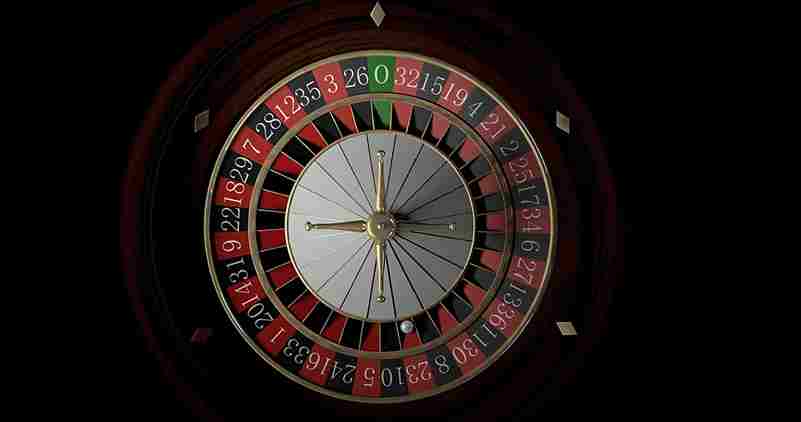Last updated on December 4th, 2023 at 10:06 pm
In the thrilling realm of sports betting, where passion meets probability, human psychology plays a pivotal role. Enter the enigmatic world of sports betting psychology, where understanding the intricacies can illuminate the very essence of human decision-making. This article shall plunge headlong into the fascinating psyche that underpins the world of sports betting, unravelling the enigma that shrouds the choices individuals make.
Table of Contents
Understanding the Allure of Sports Betting
Why do people wager on sports events? The answer lies in a complex blend of factors but at its core, sports betting taps into people’s innate desire for excitement and competition. The thrill of predicting the outcome of a game and the possibility of winning money amplify the excitement of watching sports.
The Role of Cognitive Bias
Cognitive biases are inherent in human decision-making and can significantly impact betting choices. One of the most common biases in sports betting is confirmation bias. This occurs when bettors seek out information that confirms their preconceived notions about a game or team while ignoring contradictory evidence. For example, a fan of a particular team might focus on their recent successes and ignore their poor performance against a specific opponent.
The Highs and Lows of Betting
You may have emotional ups and downs while gambling on sports. In contrast to the crushing disappointment of a lost wager, the euphoria of a winning wager can be thrilling. This emotional aspect often leads to impulsive decisions. The fear of missing out (FOMO) can prompt bettors to make hasty bets on games they know little about, purely because they don’t want to miss the action.
Overcoming Loss Aversion
Loss aversion is another psychological factor that can sway betting decisions. People typically experience the joy of a victory more vividly than the anguish of a loss. This fear of losing can cause gamblers to increase their bets in an effort to make up for earlier losses. It’s a dangerous spiral that can result in significant financial setbacks.
The Influence of Social Pressure
Humans are inherently social creatures, and the influence of their peers can be a powerful force. In the context of sports betting, social pressure can lead individuals to conform to the betting trends of their friends or online communities. This herd mentality can result in groupthink, where people make similar bets without conducting their own research.
In-Game Betting: The Impact of Instant Gratification
The rise of in-game or live betting has added a new layer to the psychology of sports betting. The ability to place bets during a game provides instant gratification and keeps bettors engaged throughout the event. This form of betting capitalises on the desire for immediate rewards, making it all the more enticing.
The Premier League’s Influence
Now it’s time to focus on the Premier League, one of the world’s most renowned football leagues. Premier League odds have a significant impact on fans’ perceptions and betting choices. The league’s popularity and global viewership make it a prime candidate for sports betting, and the odds associated with Premier League matches draw in fans and bettors alike.
The Premier League Effect on Betting Choices
The Premier League’s immense popularity means that it receives extensive media coverage and analysis. This flood of information can sway fans’ perceptions and influence their betting decisions. Experts and pundits dissect every aspect of the league, from team form to player injuries, creating a wealth of data for bettors to consider.
The “Home Team Advantage” Bias
One common psychological bias associated with the Premier League is the “home team advantage” bias. Fans and bettors often believe that teams playing on their home turf have a greater chance of winning. This perception can lead to skewed betting choices, with punters favouring the home team more often than not.
The Influence of Odds and Bookmakers
Bookmakers play a crucial role in shaping the betting landscape. The odds they offer not only reflect their assessment of a team’s chances but also influence public perception. When bookmakers heavily favour a particular team, it can lead to a surge in bets on that team, further reinforcing the belief that they are the likely victors.
Conclusion
In this intricate web of psychological factors, knowledge becomes your greatest ally. Understanding these subtleties can transform the act of betting from a mere game of chance into a calculated endeavour. Armed with insights into your own biases, you can approach each decision with a critical eye, questioning your motivations and assessing the true odds.







